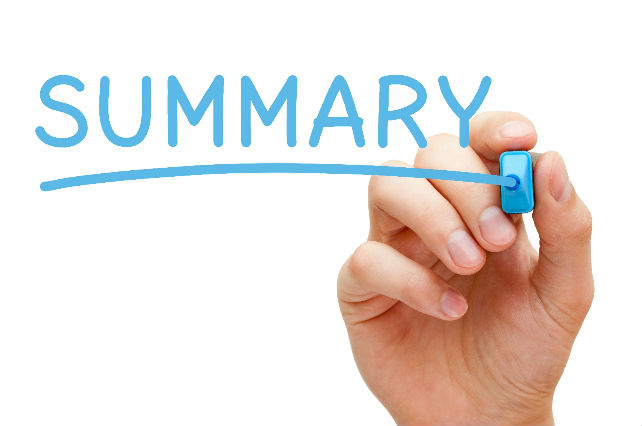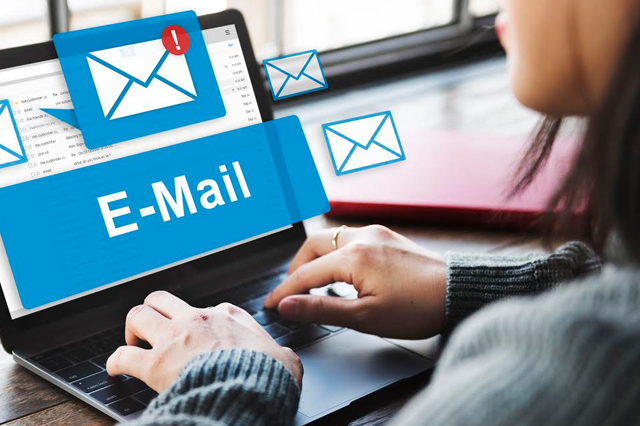
Touch base, get together, round table. Whatever you call it, the staff meeting is a crucial element in any organization’s life.
According to Bayt.com ‘Meetings in the Workplace’, September 2014, eight out 10 professionals in the Middle East and North Africa say that meetings in their company are an excellent way to reach decisions. Of course, there are bad meetings and good meetings, and avoiding to end up with a lot of unproductive ‘blah blah blah’ is easier said than done.
However, there are great meetings too, and you just need few things to make them happen. Want to make sure that yours belong to this group? From inviting ‘people who matter’ to delegating the leadership to someone you rely on, here are 10 small rules to run highly effective staff meetings and make the most of everyone’s precious time – including your own!

The first golden rule for a successful meeting is easier than you might think: get ready for it. Preparing in advance will make you able to put together an agenda you can easily share with your employees before the meeting takes place. In this way you are providing a sufficient background information and attendees will have a clear idea of what the meeting is all about – and ultimately feel all on the same page.

Imagine this is an ordinary corporate event, such as a conference or even the launch of a new product. Likewise, you need a list of people attending the staff meeting. To narrow down the list, you can use the criteria of ‘relevance and contribution’, so that only those who are sincerely interested in the topic and willing to contribute with their judgement and knowledge will get around the table.

Taking written minutes is a good strategy to keep a record of the meeting and of its key points. You can have one person specially designated to recording and sharing the most relevant information with the attendees once the meeting is over.

As the meeting goes on, you need someone to coordinate and provide a logic sequencing of the items to be covered. Assigned by you and your senior employees ahead of time, this leading figure should be someone who feels comfortable in taking the driver’s seat and has earned trust of the entire team over the time.

Smart questions are the fuel of productive meetings. Here comes the meeting leader, who is in charge of ensuring everyone gets a say. Off-topic questions won’t be admitted – floor open to constructive and originative inputs only.

It’s scientifically proved: endless meetings that drag on and on are not as efficient as short meetings are. Don’t let the attendees scratch their head about why it’s taking too long. Considering that the maximum attention span to stay fully engaged is less than 1 hour, keeping your session around 30 minutes will be a good compromise between your expectations and your employee’s time.

Today’s innovation is getting meeting technologies to the next level. There are different tools – such as Skype, GoToMeeting, Google Hangouts and so forth – that have dramatically changed the way people connect. You can use them to reach your remote workforce and out-of-town employees, just as if they were on-site. But first, turn your smartphone off.

You don’t want your employees to run out of energies, do you? If coffee is a much-needed refreshment for attendees to stay awake, a quick snack on-the-go is what they need to feel more energetic and recharged. Skip juice food and go simple to avoid awkward moments and interruptions during the brainstorm.

Dedicating the last 5 or 10 minutes recapping decisions and action points is the best thing you can do to make your meetings truly effective. Remind everyone of the decisions that were made and the steps to be taken in the future. Also, you can spend few words to highlight how gathering and discussing together was a breeding ground for new ideas. Who said that staff meetings are just parking lots?

This is the most underestimated habits of the after-meeting. Yet, it’s only when you follow up until you achieve the desired results and reach a solution that you can say to have run a successful, highly effective meeting. Don’t forget a ‘thank you‘ note to show your appreciation to each employee who participated and made all this beautifully happen.
Did you like this blog post? What are your favorite rules for highly-effective meetings? Get in touch and share with us your thoughts on the topic.